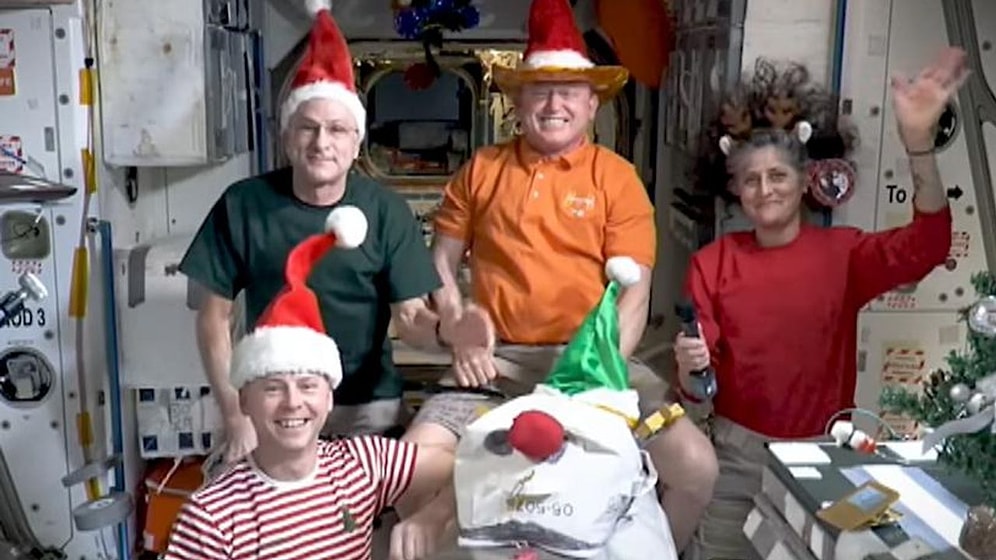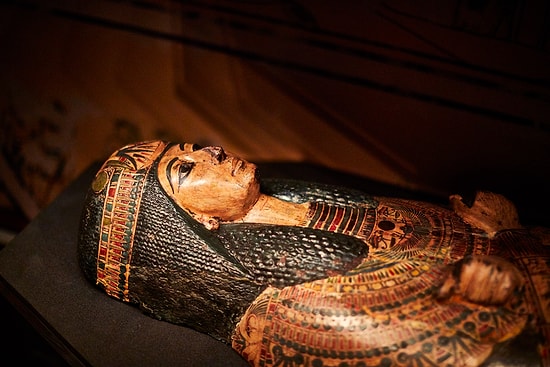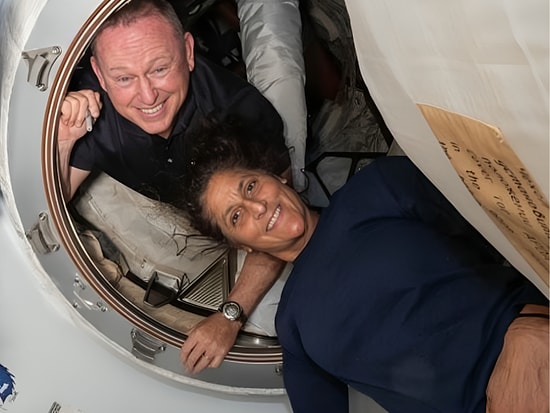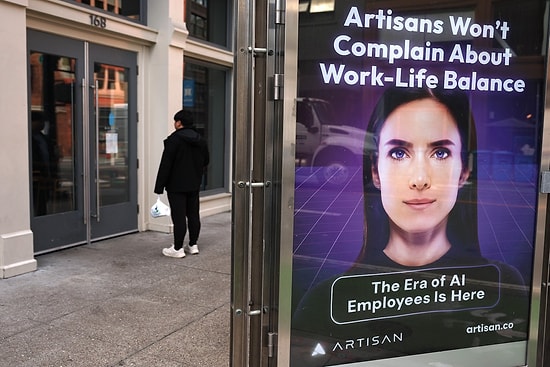
NASA Astronauts Stranded in Space Celebrate Christmas – And the Internet Has Questions
Two NASA astronauts, Butch Wilmore and Suni Williams, have been stranded in space for over six months due to a malfunctioning Boeing spacecraft. Initially set for a 10-day mission, their return to Earth has been delayed month after month. Recently, they celebrated Christmas aboard the International Space Station (ISS), and the footage shared by NASA has sparked wild conspiracy theories online. Find out why this out-of-this-world holiday celebration is leaving the internet buzzing! 🎄🚀



















